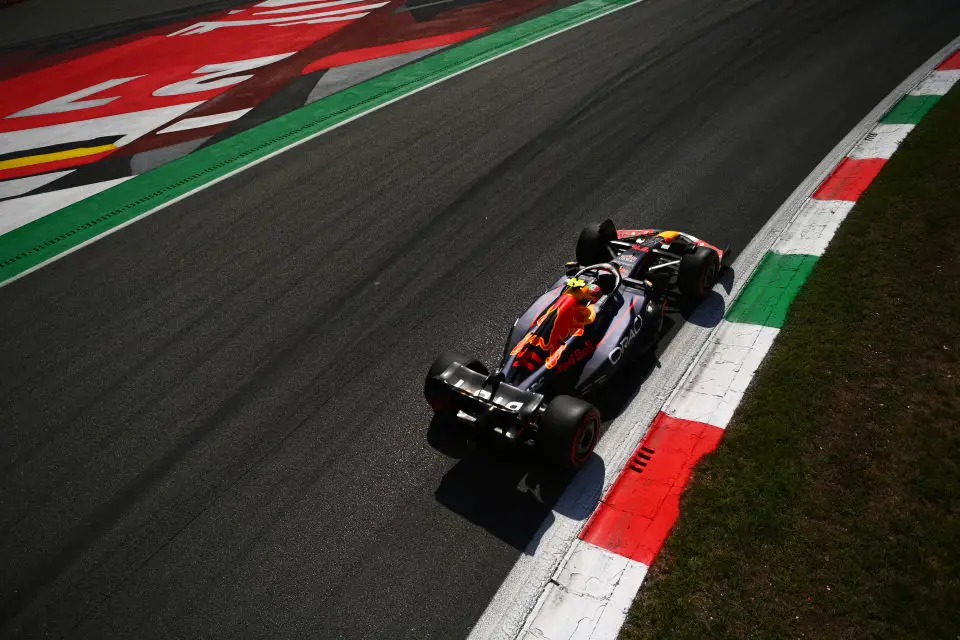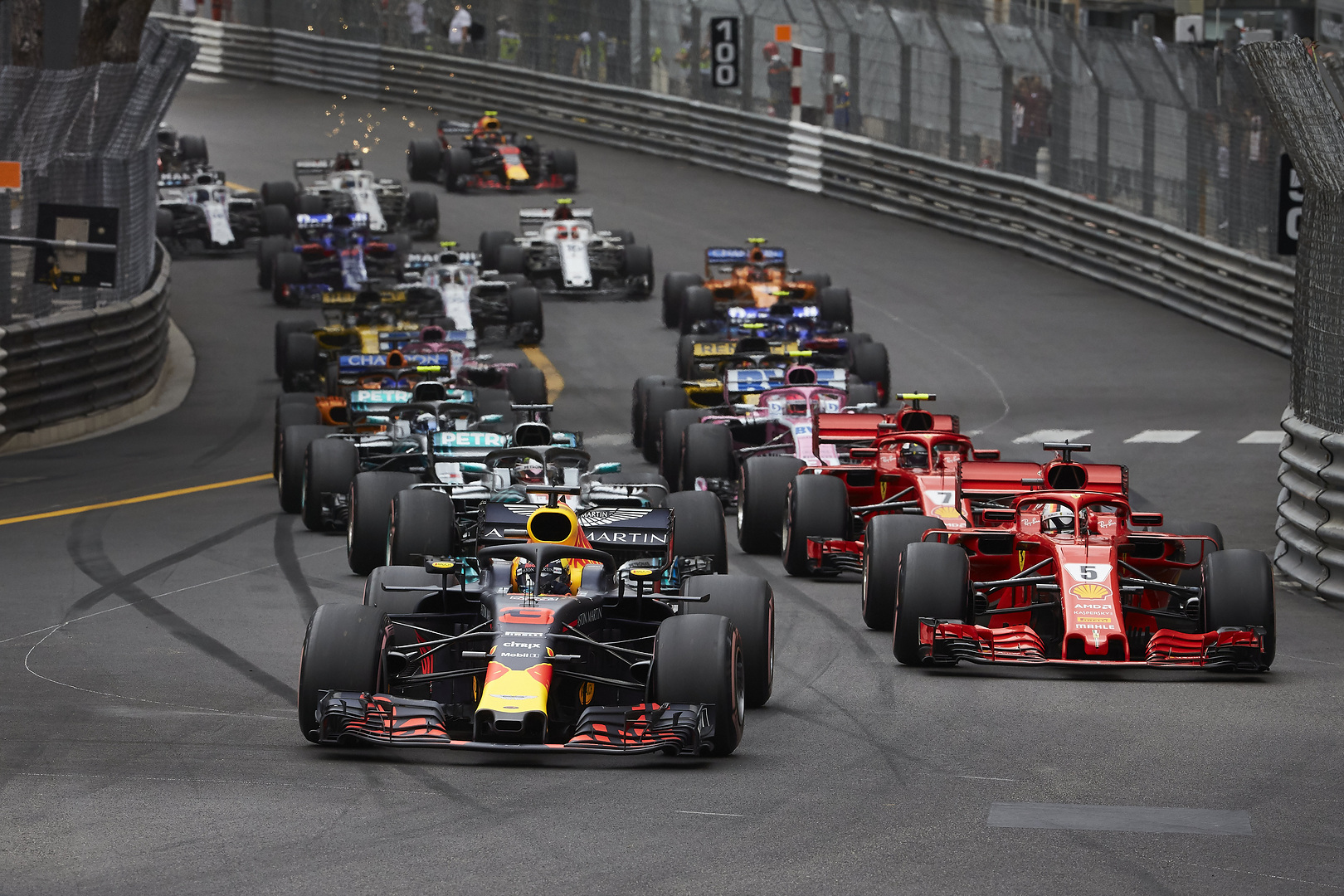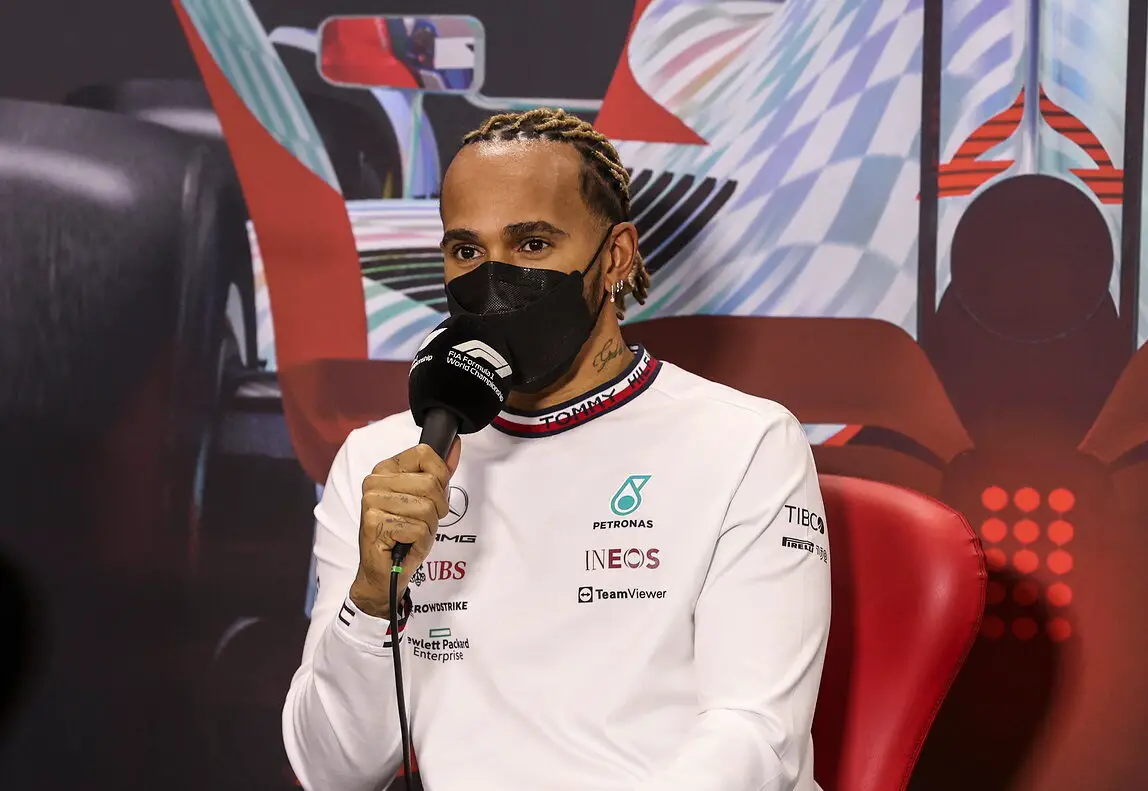Red Bull and Honda’s Tense Split: The Power Play Shaping F1’s Future
Red Bull Racing is facing a significant shift as Honda, their power unit supplier, prepares to end their partnership after the current F1 engine regulations phase. Despite the impending split, Honda is committed to enhancing the longevity of its engines, as Red Bull looks ahead to a future collaboration with Ford.
Key Takeaways:
- Honda, currently supplying power units to Red Bull, is focusing on improving the durability of their engines for the upcoming season. This move is crucial given the engine freeze in Formula 1, which allows for reliability improvements but restricts performance development until 2026.
- Koji Watanabe, President of Honda Racing Corporation, highlighted the emphasis on engine longevity, aiming to maintain competitive performance throughout the season. He acknowledges the advancements of rivals like Ferrari and Mercedes, underscoring the importance of keeping up in the engine development race.
- The relationship between Honda and Red Bull is progressively winding down, with Red Bull partnering with Ford for the next era of power units and Honda teaming up with Aston Martin. Watanabe notes a growing ‘information war’ between the two, with minimal communication regarding new engine developments as both parties prepare for future competition.

The landscape of Formula 1 is witnessing a transformative period, with one of its most crucial dynamics being the imminent split between Red Bull Racing and their long-standing power unit supplier, Honda. This separation, set to occur with the conclusion of the current engine regulation era, marks a pivotal moment in F1 history. Honda has played a significant role in Red Bull’s recent dominance, thanks to their powerful engines complementing Adrian Newey’s exceptional RB19 design.
With an engine freeze in place, teams are barred from making performance-based modifications until 2026. However, this regulation does permit improvements concerning reliability. Honda is seizing this opportunity to enhance the durability of its power units, an effort that could prove vital in maintaining competitiveness through the season.
Koji Watanabe, leading Honda Racing Corporation, has emphasized their focus on extending the engines’ lifespan. “In terms of power and performance, we may not improve anything, but in other areas, we can make strides even with this engine,” Watanabe told De Telegraaf. This statement reflects a strategic approach to engine development, given the constraints of the current F1 regulations.
However, as the partnership nears its end, the nature of communication between Honda and Red Bull has shifted. “Red Bull doesn’t tell us anything about their engine, and we don’t say anything to them about our development,” Watanabe revealed, highlighting a brewing ‘information war’ between the two. This lack of information sharing underscores the competitive landscape of F1, where knowledge is as valuable as performance.
As Red Bull gears up for their future association with Ford and Honda aligns with Aston Martin, the dynamics within F1 are set to change drastically. Watanabe articulates this sentiment well, “Until 2025, I hope Red Bull wins everything. And from 2026, we will hopefully be their biggest competitor.” This statement captures the essence of F1’s ever-evolving competitive spirit, where alliances shift, and new challenges emerge, keeping the sport’s narrative compelling and unpredictable.


